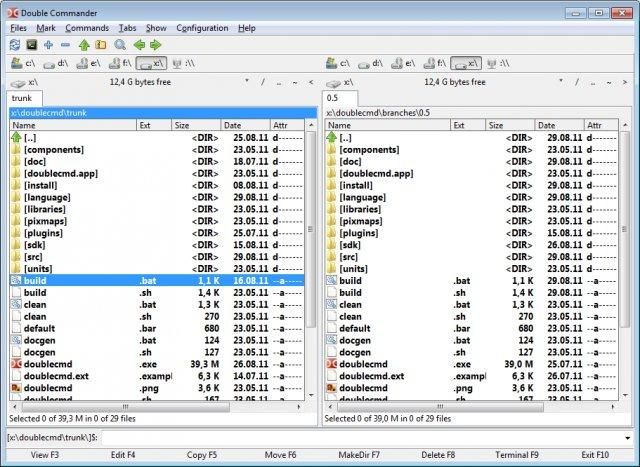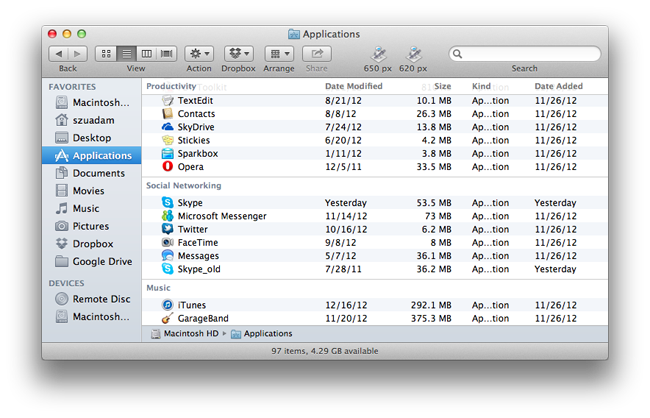
People working at improving Linux are presumably worried about broad projects and subsystems not device specific hacking. While improving support for particular laptops is a laudable goal I'm not sure it makes any contextual sense. You are thinking in terms of a company narrowing its focus to enable it to devote increased resources to a smaller group of products but desktops but there is nothing about this analogy that actually works. Triply nutty when you consider that there is nothing whatsoever to be gained by abandoning the desktop. While users are turning to laptops or even mobiles some workstation users will continue to need the significant horsepower that a desktop provides. Business users care about stability and a small finite number of apps. Unlike a laptop if a part does not have good Linux support its trivial to swap out just that part for something that does. The hardware is standard and interchangeable. This is rendered doubly insane when you realize that desktop workstations actually work fantastic right now and are an area where Linux makes a ton of sense. Unlike Apple there is no singular entity that called Linux that can opt to do anything like say abandon the desktop. By default they are for say the kernel meanwhile user oriented software like say your web browser is easily quite up to date and can even be bleeding edge if you don't mind adding a few repos for the software most important to you.

It's a common misconception that such releases are years out of date. I would suggest you stick with LTS releases and for software which you need more recent versions you may look to individual ppa's for that project.

Ubuntu's non LTS releases seem to suffer far more issues comparatively. Your methodology appears sound but if I can offer you some improvements.


 0 kommentar(er)
0 kommentar(er)
